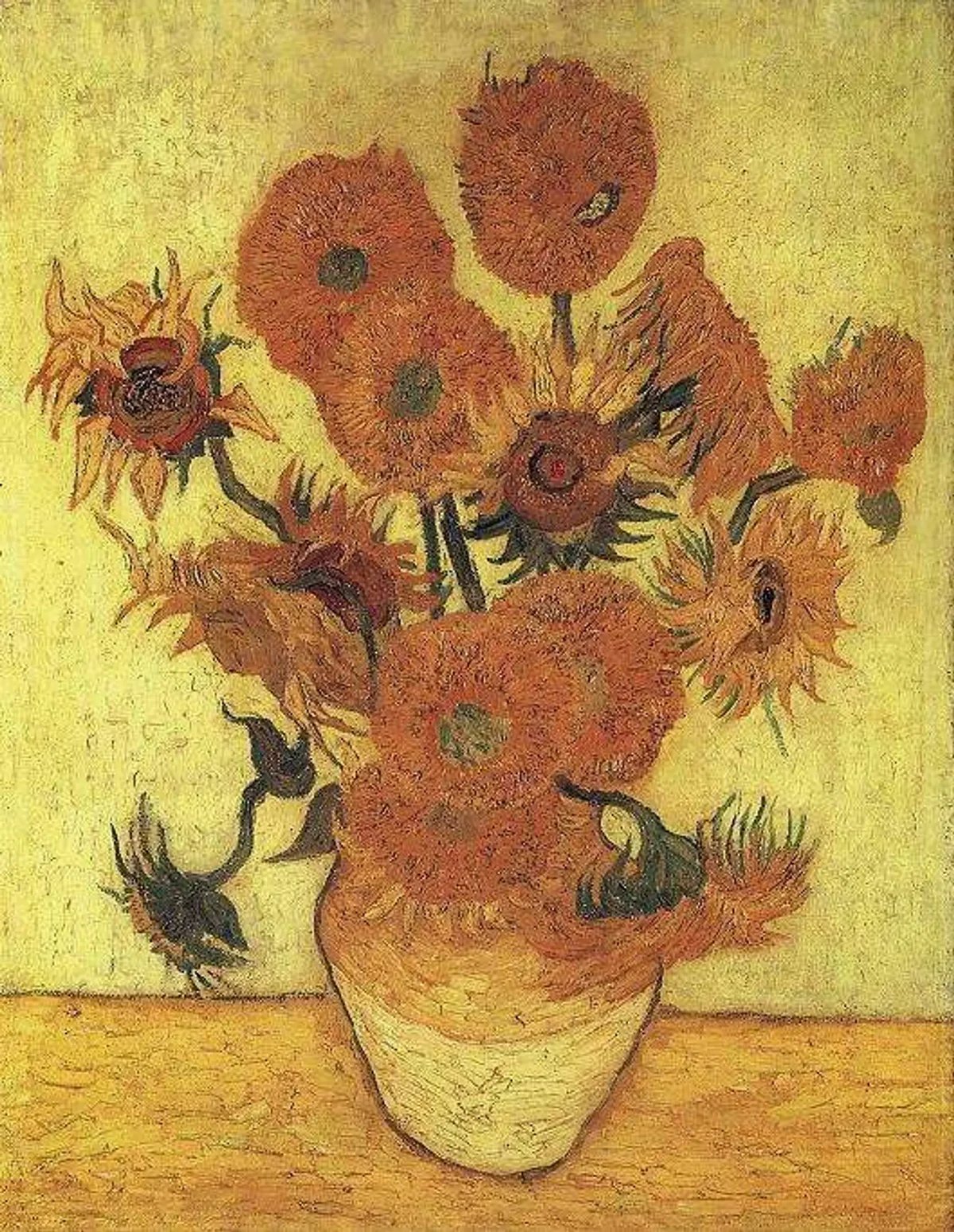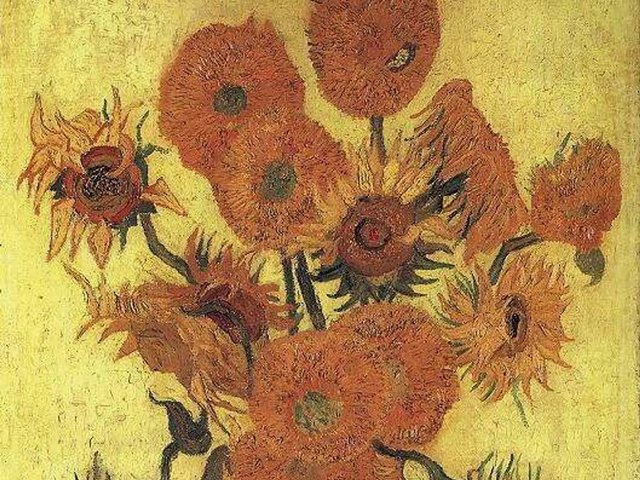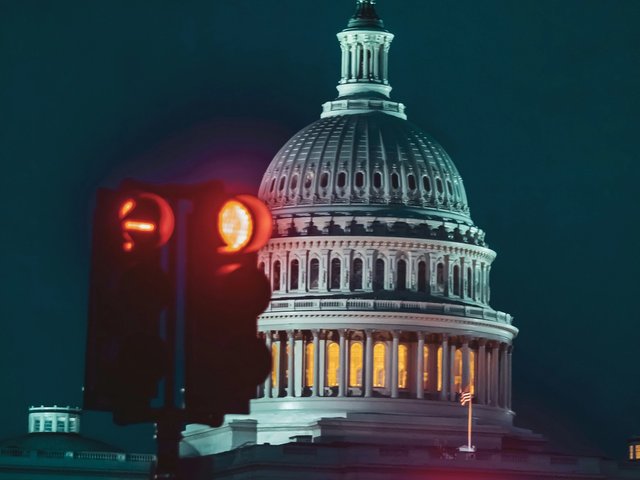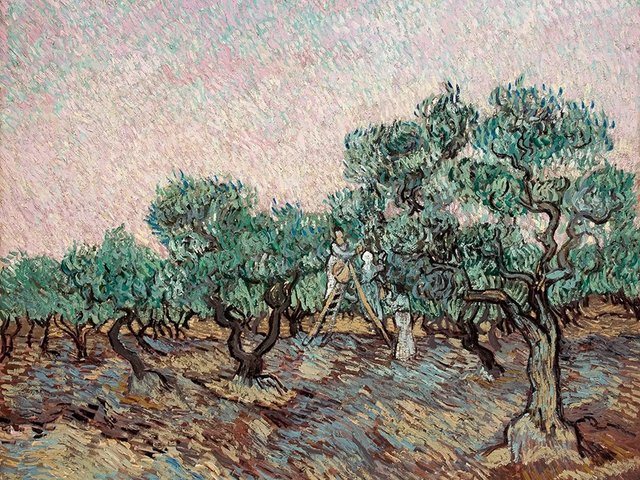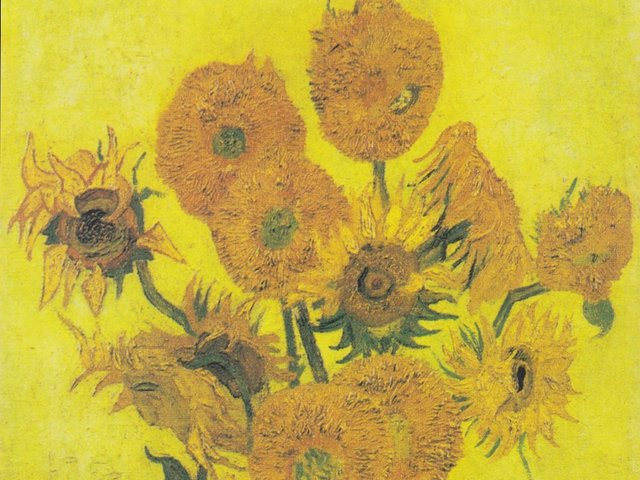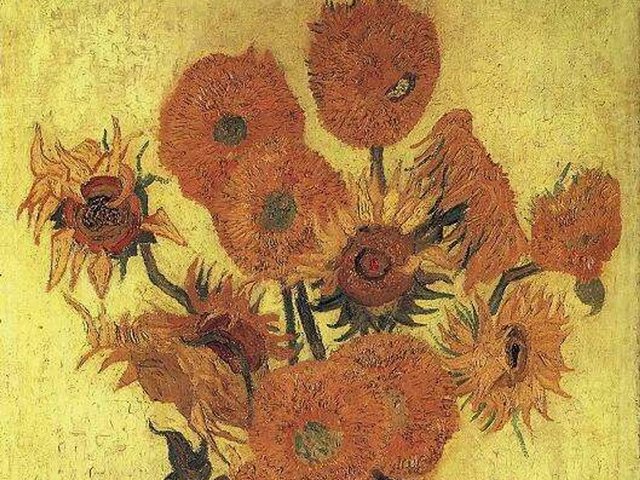The heirs of the Jewish banker and collector Paul von Mendelssohn-Bartholdy are continuing their court battle against a Japanese insurance company to reclaim Vincent van Gogh's painting Sunflowers (1888-89), valued at $250m.
The plaintiffs—Julius H. Schoeps, Britt-Marie Enhoerning and Florence von Kesselstatt on behalf of more than 30 beneficiaries—sued Sompo Holdings in 2022, claiming that the work in question was sold by their ancestor under pressure from the Nazi regime in 1934. After their case was dismissed by a lower court in June 2024, the heirs appealed that decision to the US Court of Appeals for the Seventh Circuit in May of this year and presented their case to a three-judge panel on 17 September, according to Courthouse News.
Sompo, once called Yasuda, bought the painting in 1987 for a then-record $25m at a London Christie’s auction. According to the Mendelssohn-Bartholdy heirs, the Yasuda corporate entity did not acknowledge provenance evidence that named Paul von Mendelssohn-Bartholdy as a previous owner.
The painting is now housed at the Sompo Museum of Art in Tokyo. It is one of three Sunflower paintings created by Van Gogh between 1888 and 1889. The other two hang in London's National Gallery and the Van Gogh Museum in Amsterdam.
The heirs sued Sompo Holdings under the 2016 Holocaust Expropriated Art Recovery (Hear) Act, seeking in part to recoup the monetary value Sompo derived from an exhibition featuring the painting at the Art Institute of Chicago, Van Gogh and Gauguin: The Studio of the South (2001-02).
At the hearing on 17 September, Thomas Hamilton, a lawyer for the heirs, told the panel of judges that the case constituted a “devil’s bargain”, whereby “a party in exchange for receiving some illicit advantage or power, that promises great wealth and fame, forfeits its authentic identity and mortgages its future”.
In their appellate brief, the heirs underscored the international reach of the Hear Act, insisting that its contents “enjoin federal courts to exercise their maximal judicial authority and discretion both to entertain these claims as well as resolve them expeditiously, fairly and on their substantive merits”.
The heris further emphasised that the Hear Act denoted a “diplomatic commitment” to the Terezin Declaration of 2009, a legally non-binding agreement in which government signatories agreed to expedite the return of Nazi-looted art. The heirs' representatives also argued that, despite the lower court’s dismissal of their claim based on a lack of “suit-related contacts” with Illinois, the presence of a brick-and-mortar Sompo Holdings office in Chicago was sufficient to prove a connection.
Daniel Graham, a lawyer for Sompo, argued that because Mendelssohn-Bartholdy sold the painting at auction, it didn’t fit the description of “Nazi-confiscated” art.
Graham further asserted that the heirs’ legal team mischaracterised the Hear Act in its argument. “It’s specifically focused on eliminating statue of limitations for a specific period of time for causes of action, either federal or state causes of action. That’s it,” Graham said of the act, according to Courthouse News. “It didn’t open up the Pandora. It didn’t open up the box for creation of common law claims and causes of action. In fact, Congress explicitly said, it cannot.”
Hamilton argued that the Terezin Declaration is an executive agreement that engaged the full support of Congress, and thus can operate with the full foreign policy authority of the United States. Hamilton described the “nonbinding” element of the Terezin Declaration as a “red herring”. The panel of judges has neither ruled on the appeal nor indicated how soon they might.


